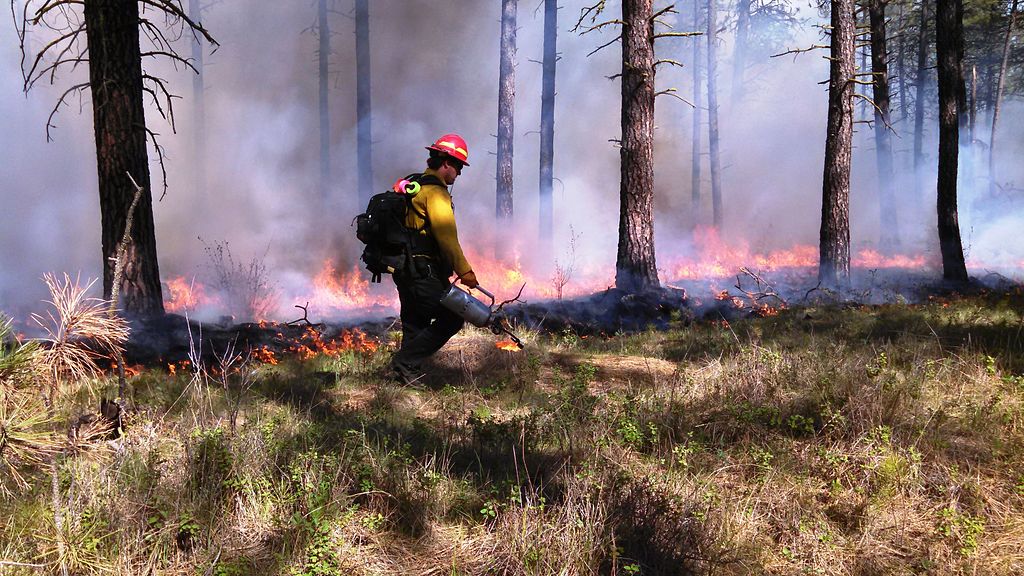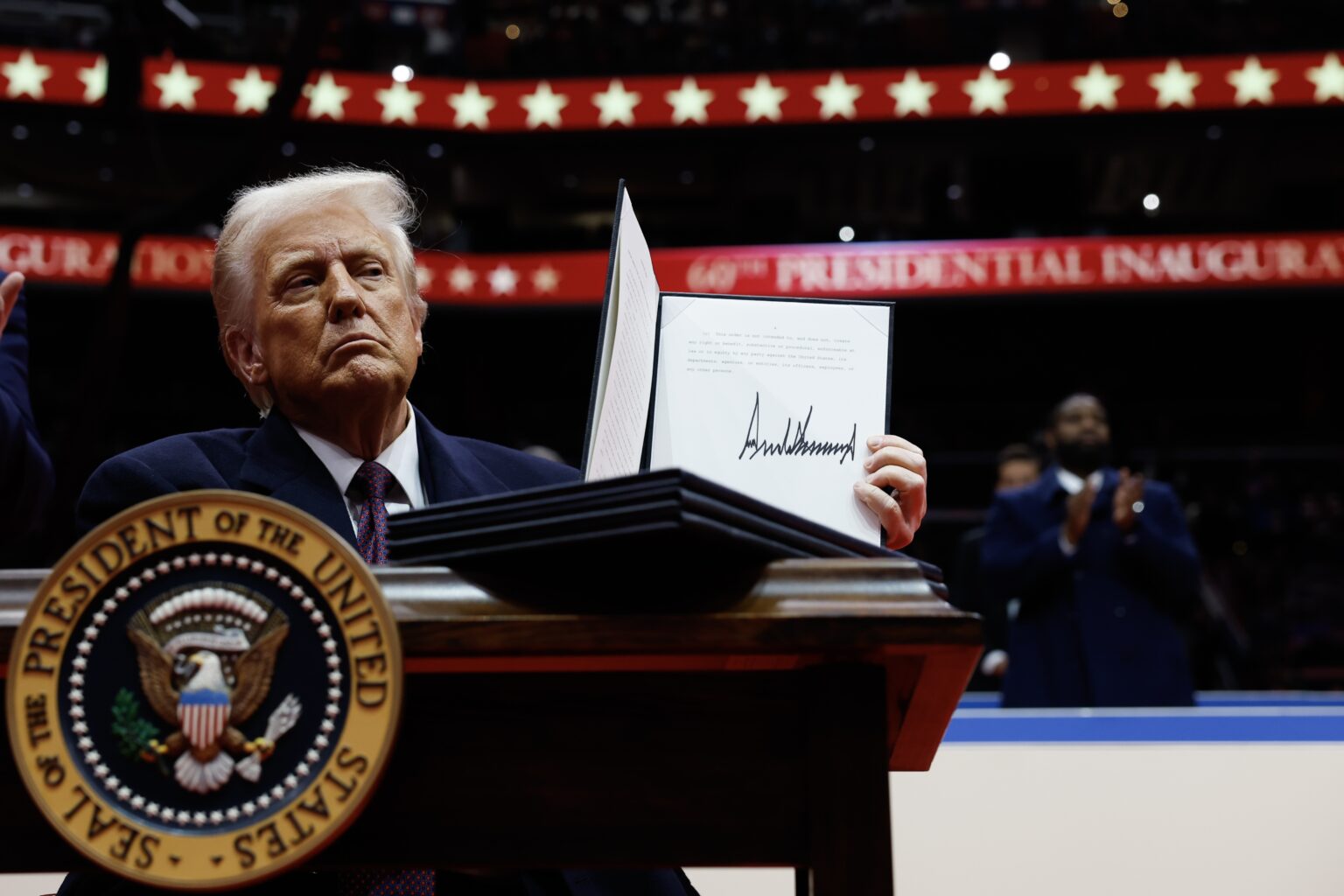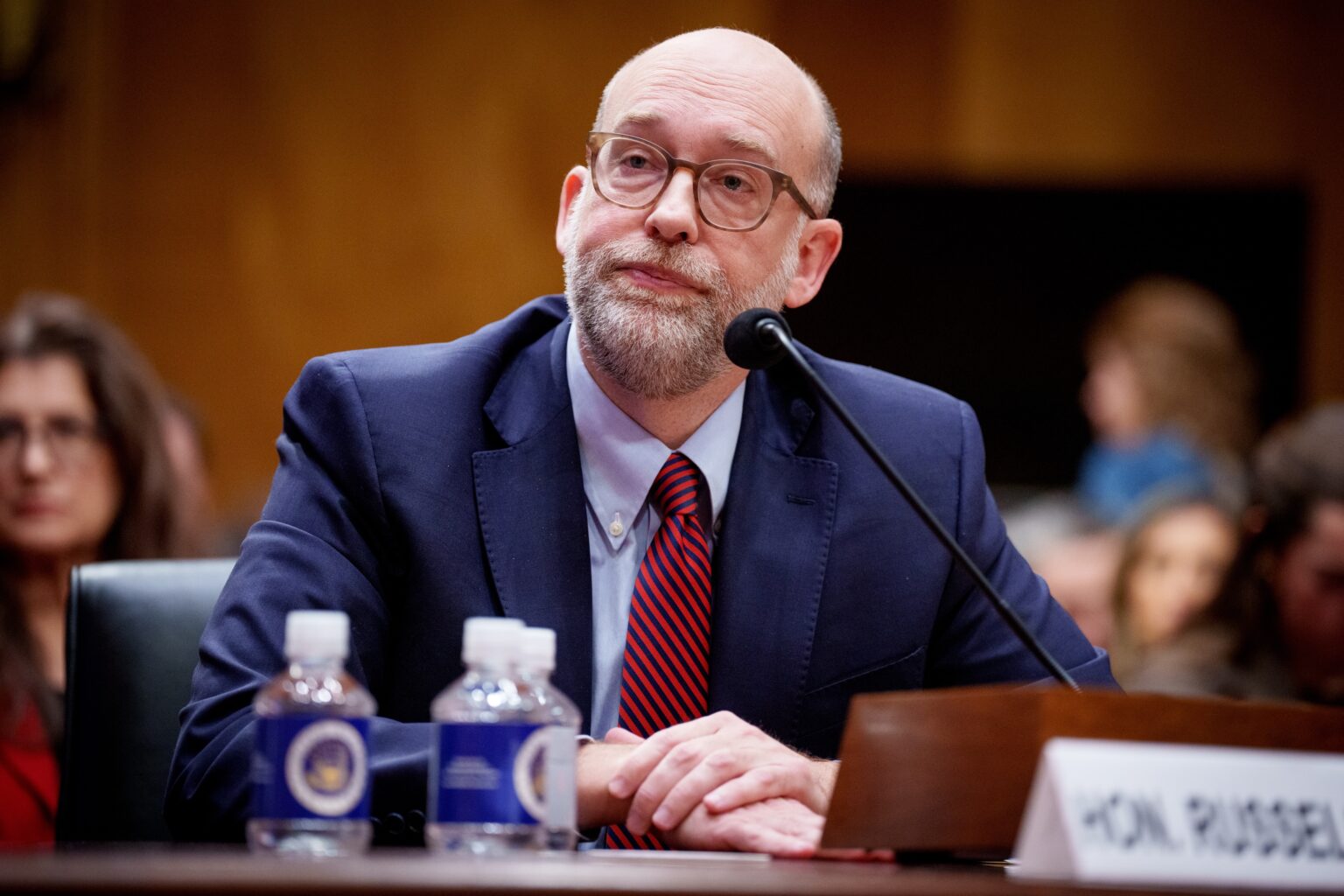If Congress does not take action, the 2021 infrastructure law’s $20,000 pay boost for wildland firefighters may expire next week.
The approximately 11,200 wildland firefighters will receive a two-year pay increase of $600 million from the infrastructure law, which will give them a rise of either $20,000 or 50% of their base pay.
According to the lobbying group Grassroots Wildland Firefighters, federal wildland firefighters make as little as $15 per hour, with entry-level jobs making somewhat less than $27,000 annually. These rates are significantly lower than those of certain state workers in comparable positions.
The issue is that Congress said that the higher pay rate would terminate on December 20th along with the remaining government spending.
To keep the government operating at current expenditure levels into the new year, lawmakers are probably going to enact a continuing resolution before that deadline.
However, since the infrastructure law included the firefighter pay increase rather than a yearly expenditure bill, it would need more legislation to continue to be paid out after December 20.
As politicians approach the latter days of this congressional session, firefighters, their advocates, and some members of Congress are now advocating for the permanent implementation of the wage increase.
Disaster bill
Following Hurricanes Helene and Milton, President Joe Biden requested a disaster relief budget plan that included $24 billion for the U.S. Department of Agriculture. Biden demanded that statutory language supporting long-term, comprehensive pay reform for Federal wildland firefighters be included in the bill, which is anticipated to be attached to the continuing resolution.
This year, the disaster aid measure seems to have the best chance of resolving the problem.
Though work on those measures is probably going to be put on hold as Congress attempts to approve a stopgap measure past Dec. 20 to keep the government financed for the next months, appropriators are still looking at addressing the issue in their yearly spending bills.
Republicans’ budget measure for the Interior Department, the Environmental Protection Agency, and other agencies includes a House proposal that would allocate $330 million for a wage boost to replace the infrastructure law’s expiring salary rise. The wage adjustment would be permanent.
Supporters argue that establishing a baseline in an annual spending package will assist maintain salary consistency and prevent the uncertainty associated with the one-time infrastructure law funds expiring.
In an Augustop-ed in the Idaho Statesman, the funding bill’s chief sponsor, Idaho Republican Mike Simpson, and Oregon Republican Lori Chavez-DeRemer stated that the funding will permanently address Federal wildland firefighter pay and capacity rather than continuing temporary and uncertain Infrastructure Investment and Jobs Act (IIJA) supplemental payments.
Simpson chairs the subcommittee that is in charge of drafting the legislation. Despite losing her attempt for reelection this year, Chavez-DeRemer, who represents a purple district in Central Oregon, was nominated to serve as secretary of labor in President-elect Donald Trump’s Cabinet.
The Musk-Ramaswamy cost-cutting drive
The endeavor is taking place in Washington in an environment that is conducive to financial reductions. Republicans have attributed the inflation of the last four years to excessive government spending, and they will soon have unified control of Washington when Trump returns to the White House.
Entrepreneurs Vivek Ramaswamy and Elon Musk have been charged by Trump with finding ways to cut federal expenditure. The two affluent Trump supporters have estimated that $2 trillion might be cut from the $6.75 trillion yearly budget, although they have not specified exactly what would be cut.
It is not anticipated that the Musk-Ramaswamy outfit, known as the Department of Government Efficiency, or DOGE, will be recognized as an official government agency. A query asking if wildland firefighter compensation would be targeted for funding cuts was not answered by a Trump spokesperson.
Increasing the compensation of wildland firefighters, who fight to control the increasingly severe and expensive fires that primarily ravage the rural areas known as the wildland-urban interface, has support from members of Congress from all political parties, including prominent Republicans. However, it may be difficult to find the political will to increase spending for any purpose in such a setting.
Simpson wrote the House financing package that included the wage increase, and it passed the House almost evenly between the parties.
Simpson appeared to embrace Musk and Ramaswamy’s objective in general during a video address to residents last month, but he also mentioned some areas in which he would fight to prevent cuts. Firefighter remuneration was not specifically mentioned by him.
“The effort to identify funding cuts will be an interesting debate,” Simpson added. Having outsiders examine how Congress does its duties and how the funds are allocated doesn’t bother me. The taxpayer money may be saved if it were used more effectively and economically.
He also expressed his excitement at the pair’s recommendations.
He stated, “I probably agree with a lot of them, but there will be some that I suspect I disagree with.” Congress will thus debate that.
Senate bill
The Simpson-authored bill, which Democrats rejected due to its draconian cuts to the EPA and the Interior Department, has failed to clear the Senate, which typically takes a far more bipartisan approach than the House.
However, a permanent increase for wildland firefighters, as well as funds for a firefighter health and wellness program and a housing fund, are also included in the Senate companion budget plan, which is backed by Oregon Democrat Jeff Merkley, who chairs the Senate’s similar spending panel.
Senate Appropriations Chair Patty Murray, a Democrat from Washington, said in a statement following the bill’s 28-1 passage in July that it “honors the courageous work our federal wildland firefighters do by establishing a permanent fix to prevent a devastating pay cut.”
Note: Every piece of content is rigorously reviewed by our team of experienced writers and editors to ensure its accuracy. Our writers use credible sources and adhere to strict fact-checking protocols to verify all claims and data before publication. If an error is identified, we promptly correct it and strive for transparency in all updates, feel free to reach out to us via email. We appreciate your trust and support!



